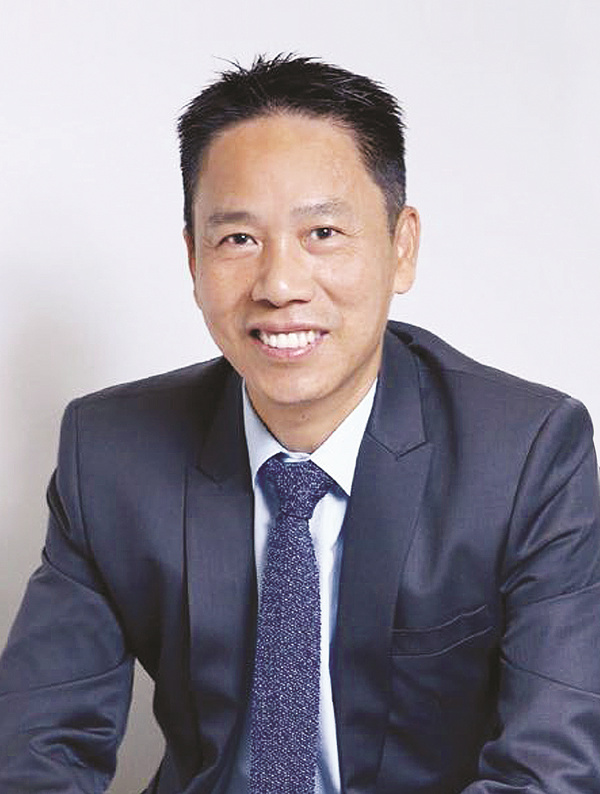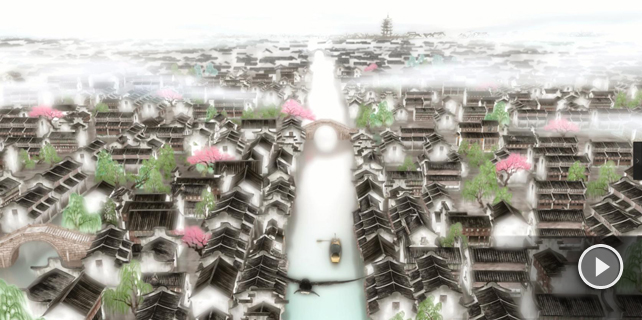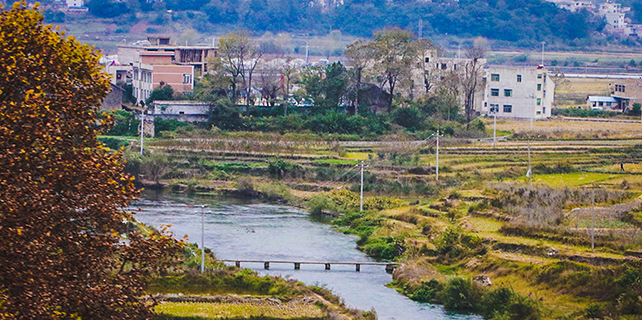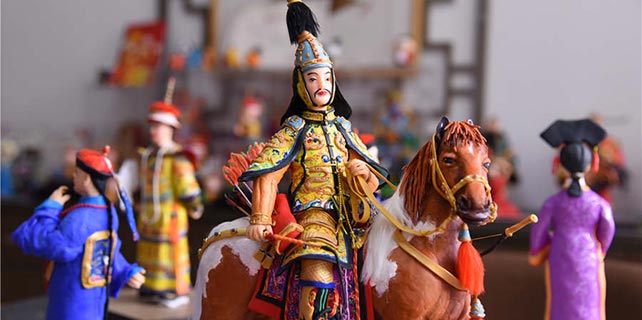Action man
 |
|
Checkley Sin Kwok-lam thinks that, in the long run, the demand for cinema will continue to grow. Provided to China Daily |
Passion for martial arts sees former Hong Kong financier launch a film studio and produce popular Ip Man movies
Checkley Sin Kwok-lam has drawn a lot of strength from his passion for martial arts. Not only has it helped him achieve balance in his life, but it became a major factor in setting him on the path to achieving acclaim as a film producer and director.
It all started from a conversation with his martial arts instructors about ways to promote Wing Chun — a popular form of kung fu — in Hong Kong. It needed a new lease of life as student numbers at training schools hawd dropped significantly since the Bruce Lee-inspired heyday.
Little did Sin know at the time, but it would lead him to launch his own film studio and play a pivotal role as a producer on successful Ip Man movies.
"I am the Wing Chun student of Francis Wong (a disciple of Ip Man) and Ip Chun, the eldest son of Ip Man," said Sin.
Ip Man, a master practitioner and teacher of Wing Chun, was born in 1893 in Foshan, in South China's Guangdong province. His most famous student was the late martial arts mega star Bruce Lee.
"In 2007, both instructors (Wong and Ip Chun) asked if there was any way to promote Wing Chun, so I (decided) to shoot a movie about Ip Man," Sin said. "During shooting of the Ip Man movie series, I found that the studio was very full and hard to book."
Given the demand for quality movie studios, Sin saw a niche for a business that handles everything from film production to talent management and advertising — and National Arts Entertainment and Culture Group was born.
"I started intensive research and finally concluded that a well-equipped studio should be a good business," Sin explained.
However, there was much ground to cover. The first challenge was to find an ideal site for the movie studio.
Initially, Sin planned to open a studio in Hong Kong but eventually headed north. He invested more than HK$100 million ($12.8 million) to build Xiqiao Dreamworks in neighboring Guangdong province.
"To set up a shooting studio, the main question to be solved was the location. It must not be too close to the urban area but cannot be too far. Convenient transportation and good weather is very important. Furthermore, it cannot be too small."
Sin said he settled on Mount Xiqiao, in Foshan city, as the studio's location because Guangdong accounts for around 15 percent of the Chinese mainland's total box office.
Compared with sites in northern China, Sin said the weather in Foshan is generally much better for filming due to a more temperate climate without scorching heat in summer or snow in winter.
His first movie was The Legend is Born: Ip Man, which he started shooting in 2010.
It was a steep learning curve for Sin. By his own admission he had little experience in making movies. Nonetheless, he took on the challenging role of producer. Subsequently, he also became the film's kung fu consultant.
While Sin was very satisfied with his first cinematic outing, it is the follow-up movie, released in 2013 — Ip Man: The Final Fight — which he is most proud of.
"Although Ip Man (from the Ip Man movie franchise starring Donnie Yen) is very popular, as a Wing Chun guy, The Final Fight can give you the real Ip Man. The kung fu master is not a god — he is a human that needs to deal with problems," said Sin.
The Final Fight was selected to be the movie for the opening ceremony of the 37th Hong Kong International Film Festival.
Sin is the epitome of a self-made man. Born into a family of modest means in Hong Kong's Kowloon peninsula, he vividly remembers his childhood years due to the heroic efforts of his mother.
"She was a woman raising seven children when my dad was very old — over 60 years old — when I was born."
Sin saw banking as a way to a better life. Success in finance ultimately paved the way for his entry into the world of cinema. But it took many years to come to fruition.
"I joined the banking sector in the early 1980s, as a clerk working on the counter because I was just a secondary (school) student without a (university) degree."
Through self-study, Sin soon became an associate of the Chartered Institute of Bankers. This was equivalent to a banking degree at the time.
Sin then joined JCG Finance Company (subsequently acquired by Public Bank of Malaysia and renamed Public Finance) as team leader in the credit control department.
"It helped me know more actual practice of retail credit, especially unsecured personal loans and mortgage loans," he said.
Sin joined the then Hong Kong-based Winwwg Hang Bank at the request of its Chairman Patrick Fung in 1996, with the aim of setting up Wing Hang Credit — a successful venture that saw him promoted to head of consumer credit.
In 2014, the banking group was renamed OCBC Wing Hang Bank after its acquisition by OCBC Bank of Singapore.
"In 2005, I resigned from Wing Hang Bank and went to London to study law for one year. I was not allowed to work in a similar field within one year. After my return (to Hong Kong) I set up First Credit in 2007 and it became a listed company in 2012."
Sin's success with First Credit as a loan specialist for small enterprises and individuals gave him the financial freedom to pursue his passion in the realm of cinema.
But the one constant in his life remained his commitment to martial arts, with proficiency in more than one discipline.
"Martial arts makes me feel more confident and energetic, and it gives me a quick response to everything," explained Sin.
"Besides Wing Chun, I have learned different kinds of martial arts, including hung gar kuen, tai chi, pei kwai kuen and sanda (Chinese kickboxing). I am also the chief instructor of sanda at the Hong Kong Wushu Union."
Cinematically, Sin does not rest on his laurels. He made his directorial debut with Our Days in 6E, released in September. The film focuses on social inclusion and ethnic minorities.
"The reason I shot Our Days in 6E is because I find that the arguments and disputes in Hong Kong (have become) quite serious in recent years. So I wanted to shoot a movie to disperse positive energy," said Sin.
Set in a less-affluent area of Hong Kong, it chronicles the trials and tribulations of high school students from diverse cultural backgrounds, including Pakistan and Nepal.
On the back of the film, Sin was instrumental in setting up a charity fund.
"It aims at helping different ethnic groups, including nwew emigrants and minorities, by study grant subvention, scholarships and by organizing different social events to make them more accepting of each other," he said.
While Sin is buoyant about the future of the Chinese movie industry, he is more measured about the prospects of cinemas.
"Right now, some cinemas are running at a loss. The reason is the location and high-rent factor," said Sin. "Although in the long run the demand for cinema will continue to grow, to (undertake) a new business with a blind eye will make it very easy to get burnt."
Sin's own movie world continues apace with his return to a familiar, and favorite, genre in the pipeline.
"I have just been invited to be the action director of a kung fu movie about a story that happened in the Kowloon Walled City," he said. The area was an infamous, triad-controlled hotbed of vice until its demolition began in 1993.
Fans of the hit moviemaker can eagerly anticipate another martial arts extravaganza.









